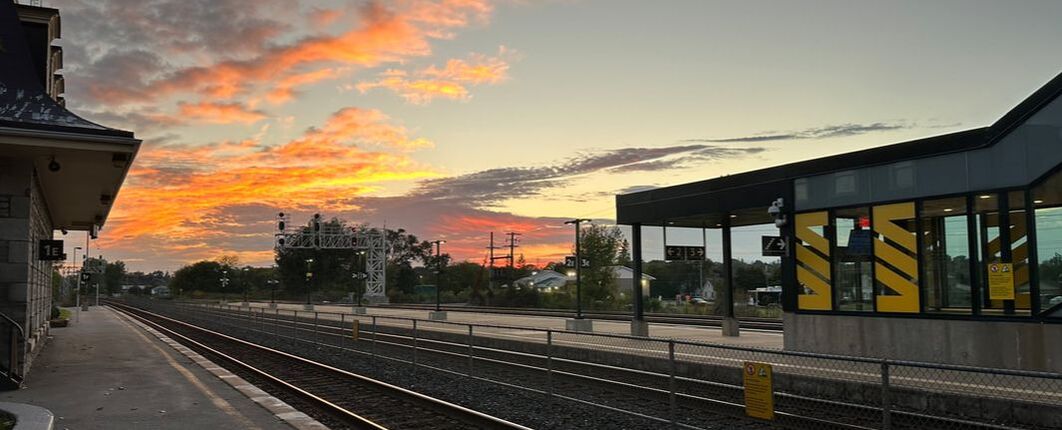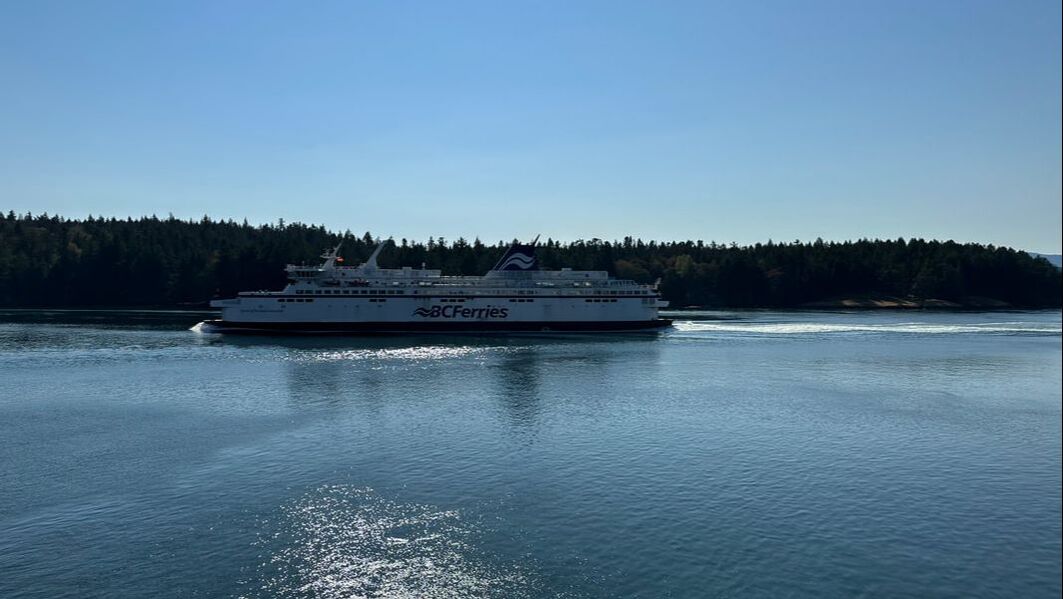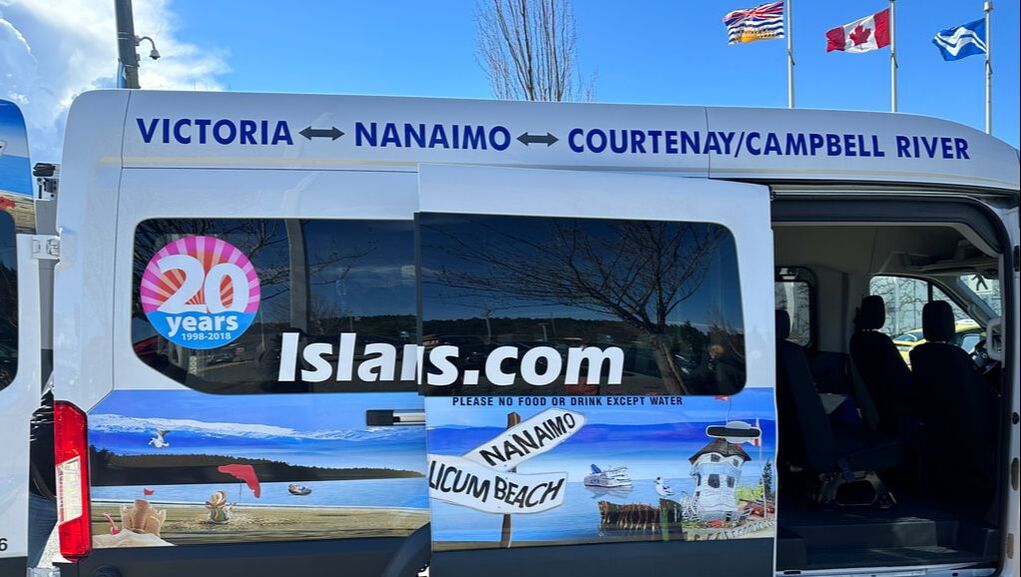|
I would like to say this is a hopeful and optimistic post about how bold investments are being made in new or renewed options to move people between communities of all sizes however it is more a call out to the prolonged under-investment and deterioration of those options. It seems Canada is finally hitting rock bottom on the state of inter-city transportation options beyond the private automobile. This really jumped out at me again when reading this CBC article about a BBC reality show attempting a race across British Columbia on public transit. They struggled, and in one of the more well-connected provinces. As someone who cannot drive I have lived the experience of navigating a country mostly preoccupied with investments in personal automobile travel. Intercity connections by transit have deteriorated, encouraged by the automobile industry and paralysis of government studies; accelerated by the impacts of the COVID pandemic. Options are often infrequent or expensive while their users are less likely to afford high transportation costs. Prior to the pandemic many inter-city transportation options were at the tipping point. Evidenced with the rapid exit of Greyhound bus services within two months of the pandemic’s onset. Today some new companies are popping up to fill portions of the vacated routes however those leave out many communities. Further, they often no longer use bus terminals, instead stopping on the sides of roads or back end of buildings making for a less welcoming, safe and accessible experience. By contrast many new airlines have hit the skies who are on one hand driving down prices while driving up greenhouse gas emissions illustrating the distorted economics that influences both accessibility and climate change. Rail travel has also struggled due aging rail infrastructure, prolonged studies and diminishing services. Services of VIA rail Canada on Vancouver Island halted over ten years ago while studies continue while services in northern Manitoba nearly ended after an eighteen month pause due to storm damage to tracks. Meanwhile growing communities are calling for improved services to provide alternatives, aligned with Canada’s climate change commitments. A case no more evident than that from the City of Belleville and other communities requesting restoration of commuter rail services, denied due to a lack of trains. Now I appreciate that much of those train cars left over from Pacific National and Canadian National services have passed their service life; however, Canada builds trains!
When planning a recent trip to visit family I was shocked at the distorted economics of travel. In 1998 I bought a return plane ticket Toronto to Vancouver for $500. Today, that same ticket can be purchased for $158. A return train ticket on VIA rail from Toronto to Belleville to complete the trip would run me around $130. Other countries are reinventing their inter-city transportation systems to support accessibility, climate goals and more transportation alternatives. Spain and Portugal have radically reinvented their once obsolete passenger rail system while France has even banned domestic commercial flights of under two hours in favour of rail travel. Think of how many flights that could take out of the air between Toronto, Montreal and Ottawa alone alongside Calgary and Edmonton. Completed by well organized bus and train services with modern stations would further increase accessibility and hopefully reduce passenger frustration at airports.
We cannot just electrify private automobiles to meet climate and sustainability goals. We must give active, priority investment to the alternatives. Mobility is one area where the equity dimension of climate change and accessibility truly intersect. Otherwise, our cities will continue to be chocked by traffic and our smaller communities continue to become more inaccessible to people without the means, ability or interest to drive. Let's consider an equitable investment in sustainable transportation infrastructure.
0 Comments
Leave a Reply. |
Devin CausleyTrained in town planning, an avid traveler and legally blind myself I write on issues and opportunities is see along my travels that could improve our cities from a visual perspective. Archives
January 2024
Categories |
|
|
Visually Accessible Cities is the creation of Devin Causley, a town planner by training who has also lived with low vision since birth. This unique combination along with insights from extensive travels around the world provide perspective on how cities can be built better to engage those of us with limited or no sight. Cities that are more visually accessible will ultimately be more livable for everyone.
|




 RSS Feed
RSS Feed